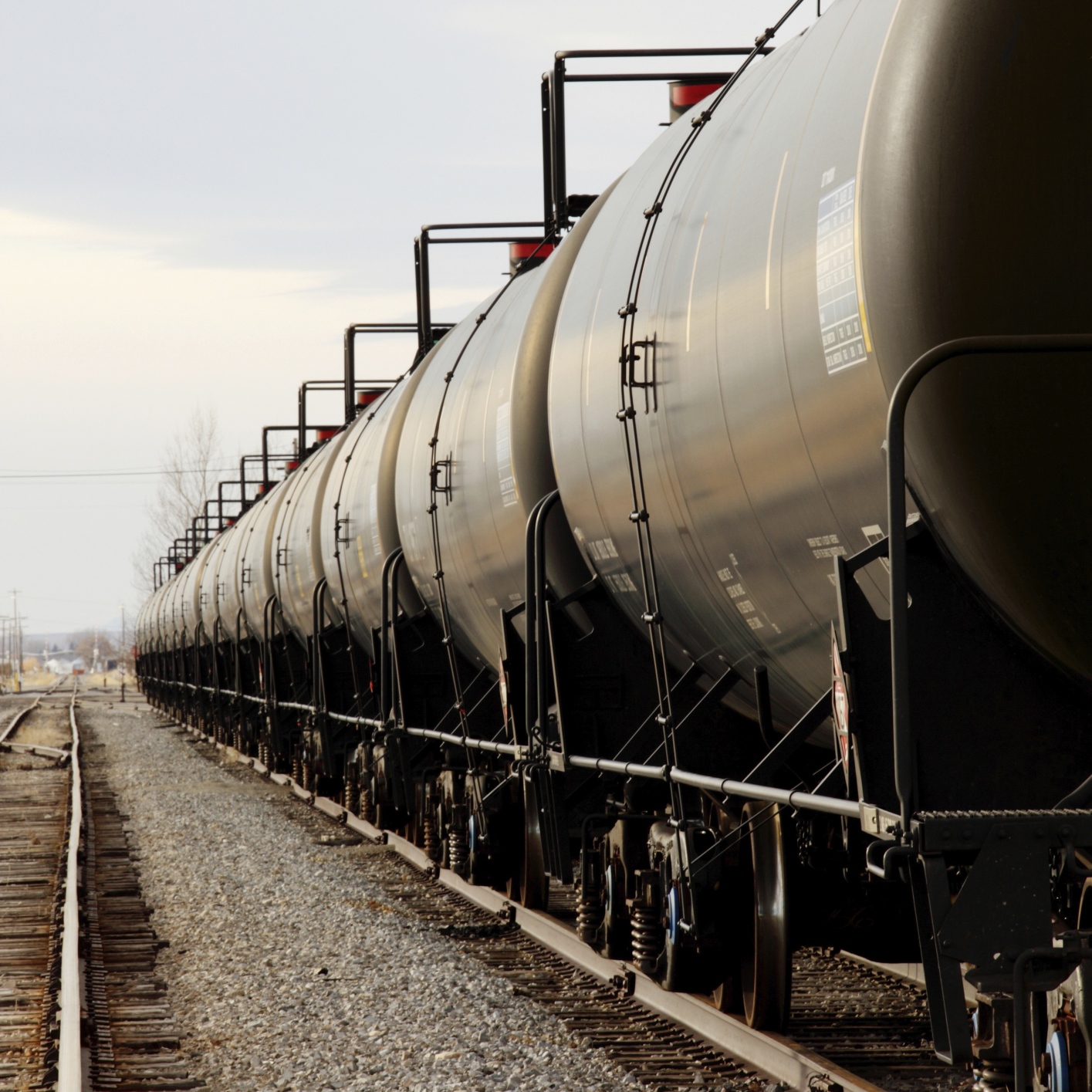
If there is one man alive who is considered to be the greatest long-term investor out there, Warren Buffett comes to the minds of many investors.
So, what happens when investors see big trends taking place inside of the full stock holdings of Berkshire Hathaway Inc. (NYSE: BRK-A)? And what happens when they think of it in the sense of oil and gas?
It turns out that Buffett has somehow and some way become selectively more aggressive about oil, gas and energy over the recent months. In fact, if you just dialed out the noise and studied buying trends you might think that he may have tried to call a bottom in the energy patch.
Two main issues here come to mind, one of which is Phillips 66 (NYSE: PSX). Kinder Morgan Inc. (NYSE: KMI) is the second thing to consider. But of course there are other issues as well. Suncor Energy Inc. (NYSE: SU) in Canada is another, and there is of course the old dilemma of Exxon Mobil Corp. (NYSE: XOM) that goes back to 2014.
In terms of energy infrastructure bets by Berkshire Hathaway, there was the $26 billion acquisition of Burlington Northern Santa Fe (BNSF). Buffett called this an all-in bet on America, but what it got a huge bump from all the oil being shipped by rail out of the Bakken Formation. This business is now slow again as Bakken activity has been lowered massively. Still, Buffett and BNSF will be there when that picks up again.
Phillips 66 has already turned into a larger stake than what was represented at the end of 2015. At the time the Buffett stocks were released, the stake had grown to some $5.5 billion in value, taking it north of 10% of the shares outstanding. By investing in the refining and infrastructure aspect, Buffett’s signal here is that he is wanting to profit off of the energy sector whether oil prices trend up or back down.
Buffett’s stake in Phillips 66 had at one point been classified as an elimination in 2015. Then it was later revealed that Buffett got the stake classified with the SEC as confidential, so that he could increase his stake to something of size. Phillips 66 has a market cap of about $46 billion.
24/7 Wall St. pondered about what it was that Buffett, or his team, might have been thinking in taking a decent stake in Kinder Morgan. The first thought is that this is a corporation now, since it removed its master limited partnership status. It is also one of the best run companies in its sector, and Richard Kinder is considered by investors and industry insiders alike to be one of the top energy CEOs around.
Buffett fessed up that one of his newer portfolio managers was the buyer of the Kinder Morgan stake. Buffett even said in a CNBC interview that he was also surprised to see the stake being acquired, but it was within that $400 million threshold. Kinder Morgan’s market cap is $42 billion, and the stock has risen handily off its lows and was up over 25% so far in 2016 (as of March 16).
On Suncor Energy, the Buffett Team kept that stake static at 30 million shares, but this was a smaller stake of around 22.35 million shares as of last June. The Suncor stake was increased in late 2014, and it has grown each quarter from the 13 million shares in March of 2014. Buffett’s interest in Suncor likely goes back to the last decade when he and Bill Gates looked very closely into betting big on the Canadian oil sands.
Suncor Energy is counted as an integrated energy company. What it is best known for is being the head company developing petroleum resource basins in Canada’s Athabasca oil sands. Its $43 billion in market value should speak for itself, considering how much smaller the population is in Canada than in the United States.
Perhaps the biggest other side of the coin here is what Buffett and his team were really considering when it came to Exxon Mobil. If there is one oil and gas giant Buffett could plunk endless cash into if he wants higher oil and gas exposure, it is Exxon Mobil. Its market cap is $344 billion, despite having lost 20% of its value since 2014.
It was in late 2013 that Exxon Mobil was listed as a new big oil stake in Berkshire Hathaway. We even wondered at the time if Buffett was going to make it one of his largest equity positions. The 40 million shares was valued at close to $3.5 billion at the time.
Then Buffett began to raise the stake, but by the end of the fourth quarter of 2014 it seemed that Buffett had decided to sell and exit it entirely — just in time to miss the big oil selloff of 2015, even if the sale was likely at a loss.
Whether Warren Buffett is bullish on the price of oil is probably a coin toss. What is more clear is that he and his portfolio managers are looking for ways to make money off of the energy sector without betting on the price of oil.
100 Million Americans Are Missing This Crucial Retirement Tool
The thought of burdening your family with a financial disaster is most Americans’ nightmare. However, recent studies show that over 100 million Americans still don’t have proper life insurance in the event they pass away.
Life insurance can bring peace of mind – ensuring your loved ones are safeguarded against unforeseen expenses and debts. With premiums often lower than expected and a variety of plans tailored to different life stages and health conditions, securing a policy is more accessible than ever.
A quick, no-obligation quote can provide valuable insight into what’s available and what might best suit your family’s needs. Life insurance is a simple step you can take today to help secure peace of mind for your loved ones tomorrow.
Click here to learn how to get a quote in just a few minutes.
Thank you for reading! Have some feedback for us?
Contact the 24/7 Wall St. editorial team.
 24/7 Wall St.
24/7 Wall St.



